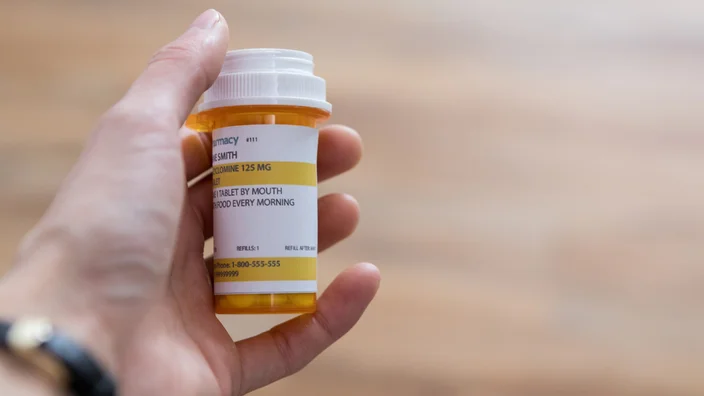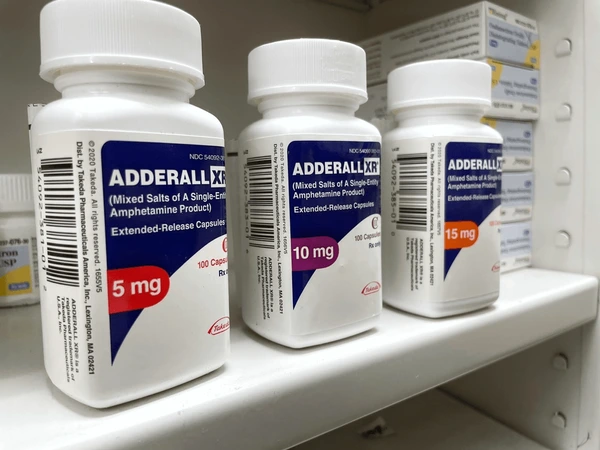Adderall XR, a commonly prescribed medication for Attention Deficit Hyperactivity Disorder (ADHD), has been a game-changer for many individuals seeking to manage their symptoms. Its extended-release formula allows for sustained concentration and focus throughout the day. However, like any medication, Adderall XR comes with potential side effects that users should be aware of. This blog aims to shed light on these side effects to help you make informed decisions about your treatment plan.
Common Side Effects
- Insomnia
- What Happens: Adderall XR stimulates the central nervous system, which can lead to difficulties falling or staying asleep.
- How to Manage: Taking the medication early in the day can help minimize this effect. Establishing a regular sleep routine can also be beneficial.
- Appetite Suppression
- What Happens: A well-known side effect of Adderall XR is reduced appetite, which can lead to weight loss, particularly in children and adolescents.
- How to Manage: It’s important to monitor your diet and ensure you’re eating balanced meals, even if you’re not feeling hungry. Nutrient-dense snacks can help maintain energy levels.
- Increased Heart Rate and Blood Pressure
- What Happens: Adderall XR can cause an increase in heart rate and blood pressure, which might be concerning for those with preexisting cardiovascular conditions.
- How to Manage: Regular monitoring of your heart rate and blood pressure is crucial. Consult your doctor if you notice significant changes or experience chest pain.
- Dry Mouth
- What Happens: Dry mouth is a common side effect, which might lead to discomfort or even dental issues if not managed properly.
- How to Manage: Staying hydrated and using sugar-free gum or lozenges can help alleviate dry mouth.
- Mood Swings and Irritability
- What Happens: Some users report mood swings, increased anxiety, or irritability when taking Adderall XR.
- How to Manage: If you experience significant mood changes, discuss them with your healthcare provider. Adjusting the dosage or exploring other treatment options might be necessary.
Less Common but Serious Side Effects
- Mental Health Issues
- What Happens: In rare cases, Adderall XR can exacerbate existing mental health conditions or trigger new ones, such as depression, mania, or psychosis.
- How to Manage: If you experience symptoms like hallucinations, extreme mood changes, or paranoia, seek medical attention immediately. This could indicate a serious reaction to the medication.
- Circulation Problems
- What Happens: Some people may experience numbness, pain, or a bluish tinge in their fingers or toes due to restricted blood flow.
- How to Manage: Inform your doctor if you notice these symptoms. In some cases, discontinuation or switching to a different medication might be necessary.
- Growth Suppression in Children
- What Happens: Prolonged use of Adderall XR in children may lead to slower growth rates.
- How to Manage: Regular monitoring of height and weight in children taking Adderall XR is important. If growth suppression is observed, your doctor may suggest a drug holiday or an alternative treatment.
Conclusion
While Adderall XR is an effective treatment for ADHD, it’s crucial to be aware of the potential side effects. Understanding these side effects can help you and your healthcare provider make informed decisions about your treatment plan. Always communicate openly with your doctor about any side effects you experience, no matter how minor they may seem. This ensures that your treatment is both effective and safe, allowing you to manage ADHD without compromising your overall health.
You Might Also Like These:
Is MDMA Purple? Understanding MDMA Variants and Their Appearance
Understanding Xanax 2mg Bars: Uses, Risks, and Safety Considerations
Can You Inject Adderall? Understanding the Risks and Dangers
Understanding 2mg Blue Xanax: What You Need to Know
Finding Dextroamphetamine ER Coupons: A Guide to Saving on Your Prescription



